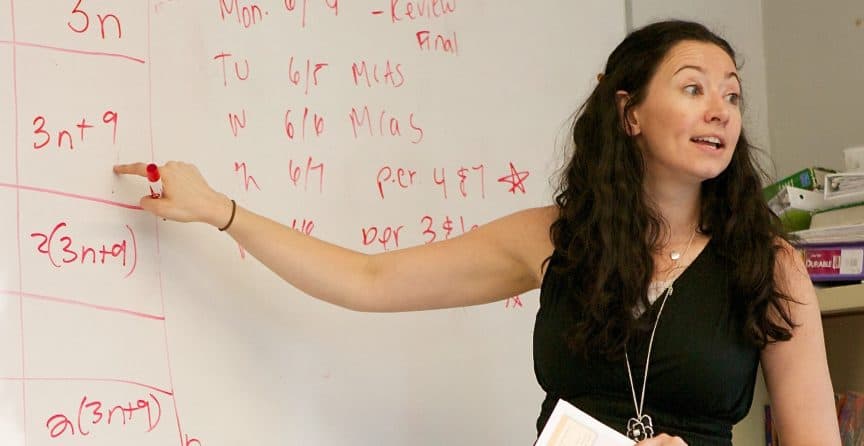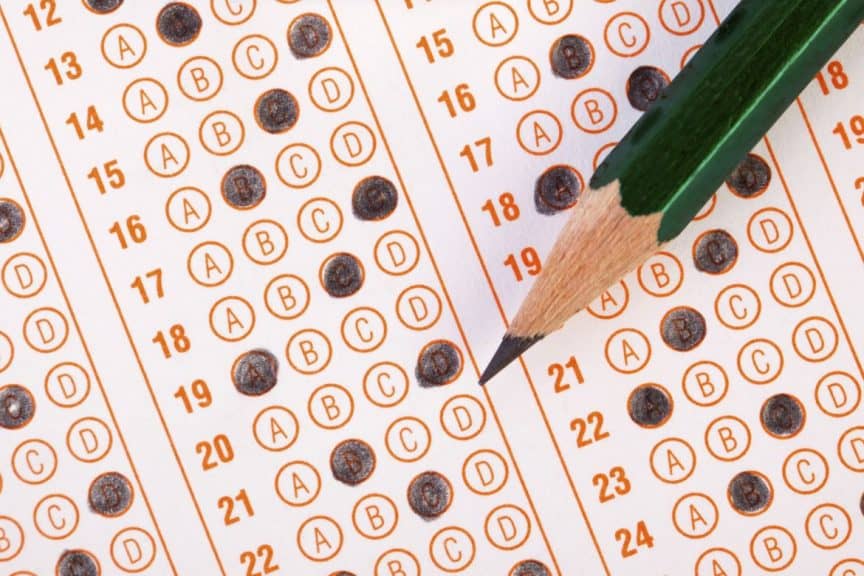Achieving top-quality teaching, as determined by merit and significance, requires subject specialization from both teachers and evaluators. Michel Scriven defines teacher evaluation as “the process of determining merit, worth or significance.” Merit refers to the quality of the work. Worth is the value of the individual to the organization, which may be greater or less than his merit. In a …
Teacher Evaluations: Merit, Worth and the Courage to Act
One of the greatest influences on my thinking about evaluation is the work of Michael Scriven. Currently Director of the Claremont Graduate University Claremont Evaluation Center, he has a research, teaching and consulting career extending more than 60 years. I first encountered his ideas when writing my doctoral dissertation in the 90’s, and, after all these years, still find hiswork, whether …
Conversation is essential to evaluation
Conversations make the evaluation process rich, meaningful, and credible. When evaluating teaching, the evaluator must work to understand and appreciate, what the teacher is doing, and the reasons for the choices the teacher has made. While the reasons for some may seem obvious, many will not be. It is in the post-observation conversations that these will be explored. Teaching is …
The nexus of mentoring and evaluation
While school administrators are expected to evaluate the teachers in their schools, many are inadequately prepared for this task. Yet, teacher evaluations are a major contributor to the success of independent schools. They are vitally important to the quality of teaching and learning and in that way, are a key to building positive reputation and enrolment success. Poorly designed and …
Learning from Teacher Evaluation Experiences
After being involved in all aspects of teacher evaluations for decades, it’s my own experiences that are often the most compelling way of communicating best practice. With that in mind, here are accounts of five evaluations that I personally conducted and what I learned from them. In deference to those who were evaluated and to avoid any possible identification, I …
Teacher evaluations and independent school success
While teacher evaluation is undoubtedly important in any school, it can be critical to the success of independent schools. Here are three ways in which that is true. 1. Teaching Excellence. Good teacher evaluation contributes to the quality of the school. Done well, teacher evaluation encourages reflection on and refining of teaching practice. It recognizes and encourages good work, and …
Students should contribute to teacher evaluations
It is standard practice for university students to complete evaluations of their instructor at the end of a course. Yet students in elementary and secondary schools seldom are involved. The evaluation of independent school heads, in contrast to teachers, often is some version of “360 degree” evaluation, where input is sought from the various publics and stakeholders with whom the …
Linking teacher evaluation and standardized testing
How are teachers really evaluated in independent schools? Most traditional teacher evaluation methods use a number of questions to focus heavily on classroom processes and atmosphere. What is the teacher doing? Lecturing or providing engaging activities that will interest students and help them learn important content, concepts and skills? What are students doing? Are they engaged and productively busy? Are …
The ROI of Unimportance – A New Year’s Resolution
Regardless of our role in the hierarchy of any organization, whether it is the board chair, the Head of School, a teacher or an administrative assistant, there are always others who need our efficient and timely accomplishment of tasks to enable them to do their jobs more easily. Whether it’s a teacher waiting for an administrator’s permission to undertake an …
Mentoring and evaluation don’t mix
A mentor cannot be a supervisor. It’s just that simple. One of the most important features of mentoring is that it is non-evaluative. The mentoring relationship only works when the mentee feels able to be completely frank with the mentor, and can share difficulties, doubts and dilemmas, as well as triumphs and successes. Such frankness is not possible with someone …










